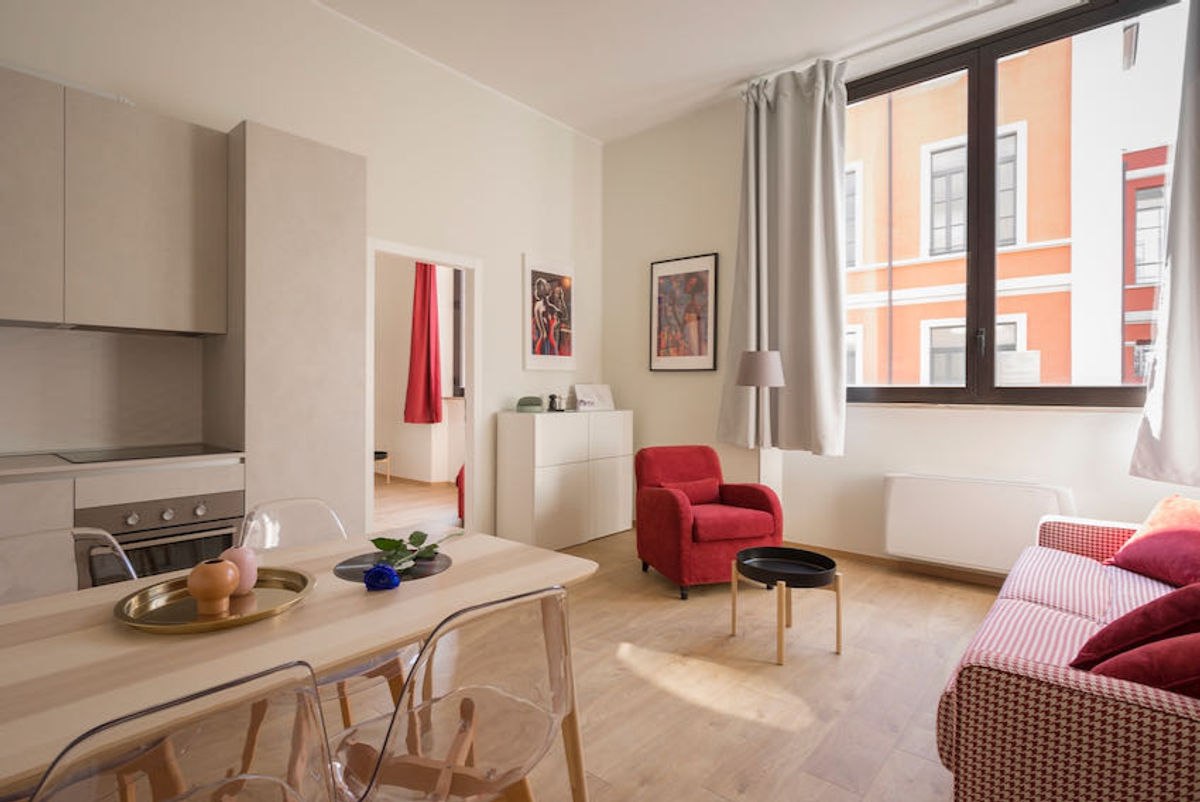Travel
Serviced apartments see ADR decline during ‘soft’ summer

Global rates for serviced apartments have declined year on year due to a “softer” summer period, but demand is picking up for September, according to the latest quarterly report from SilverDoor.
The serviced accommodation agency’s quarterly report, covering April to August 2024, found the average daily rate (ADR) for apartments in some cities decreased year on year, with a strong supply in many key corporate booking locations providing “better availability, more room for negotiation and unseasonably competitive rates”.
This was the case in London, where ADR fell £11.61 year on year to £183.96 and in Singapore, where ADR fell by S$10.92 to S$273.73. However, in cities such as Amsterdam and New York ADR increased to €195.61 (up €27.41) and $340.72 (up $47.42), respectively.
The market in Dublin also proved “much softer” than in previous years, with good availability and more affordable rates, according to the report. Meanwhile, the corporate accommodation market in tertiary German cities is struggling to fulfil an increase in demand, largely from the construction, manufacturing and infrastructure industries.
In EMEA, average length of stay has reduced to 31 nights, a 10-night decrease compared to the same period in 2023, while leads times have extended 81 per cent from 27 days (Apr-Aug 2023) to 49 days for the same period in 2024.
Moving into the year’s final quarter, SilverDoor said September is already set to be busier across Europe compared to this time last year, with group bookings on the rise.
Commenting on the findings, SilverDoor chief customer officer, Martin Klima, said: “The growth in supply has been welcome news for corporates, particularly at a time when many will be planning budgets and programmes for the year ahead.
“However, critical to any accommodation supply is how it is legislated for and managed by local authorities and government, as that will inevitably define its ratio of availability for local residents versus visitors.”
Legislative changes in key cities across the EU are likely to impact demand moving forward, according to the report.
In Barcelona, short-term rental legislation has put a squeeze on availability with some operators requiring a minimum stay of 31 to 32 nights. Some providers have licenses that allow for shorter stays but supply is limited compared to the demand in the area, according to SilverDoor.
Edinburgh is also gearing up to introduce a 5 per cent nightly visitor tax, which will likely be finalised in early 2025. The city will become the first in Scotland to charge a transient visitor levy, joining the likes of Amsterdam, Berlin, Manchester and Rome.
“We would advise a degree of flexibility when planning ahead,” Klima warned. “Whilst cost remains one of the guiding principles of planning and managing a travel programme, it’s important for corporates to remain realistic about the standard of accommodation and facilities available to them within ADR and legislation brackets, manage traveller expectations accordingly and look at alternative options if and when needed.”










